This report was prepared to shed light on disparities in COVID-19 impacts across gender, age, racial, and other relevant demographic groups. Research has shown that health outcomes are closely related to socioeconomic factors, called social determinants of health. Prior research by The Institute found that this relationship between socioeconomic factors and health outcomes was at least as strong in Northeastern Pennsylvania as it is statewide. As such, there is reason to believe COVID-19 would have disparate impacts across groups, especially as pre-existing health conditions have been widely understood as being associated with higher rates of COVID-19 hospitalizations and deaths. The Centers for Disease Control and Prevention have recognized that these disparities are occurring, and have identified several factors contributing to this increased risk:
1. Discrimination, in systems such as health care, housing, education, criminal justice, and finance
2. Healthcare access and utilization, such as disparities in insurance coverage and barriers to getting care such as transportation, child care, language barriers, or historical or current discrimination
3. Occupation, including some racial and ethnic minority group overrepresentation in certain essential work settings
4. Educational, income, and wealth gaps
5. Housing, including overcrowded living situations and greater risk of eviction and homelessness
This report presents statewide data on COVID-19 cases and deaths by age, gender, race, and Hispanic/Latino ethnicity to understand how these groups vary in burden of COVID-19 infections.
Furthermore, the secondary economic impacts of the pandemic can also be considered for demographic groups. While many past recessions have had disparities in their impact on different populations across racial, educational, or geographic lines, the current economic environment has many complicating factors that could exacerbate these differences. Examples include highly disparate impacts of mitigation efforts on different industries and impact of virtual schooling on workers’ childcare needs.
Having an understanding of which groups may be disproportionately impacted by the COVID-19 disease itself or economic impacts of the pandemic will help communities respond appropriately, particularly when historically marginalized or vulnerable populations face worse impacts.
Since the start of the pandemic, there have been signs of disparities in COVID-19 infections across demographic groups.
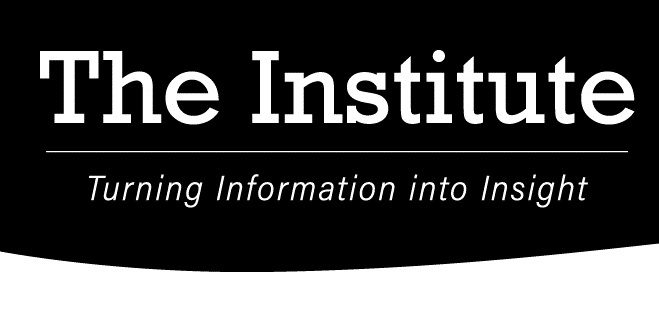
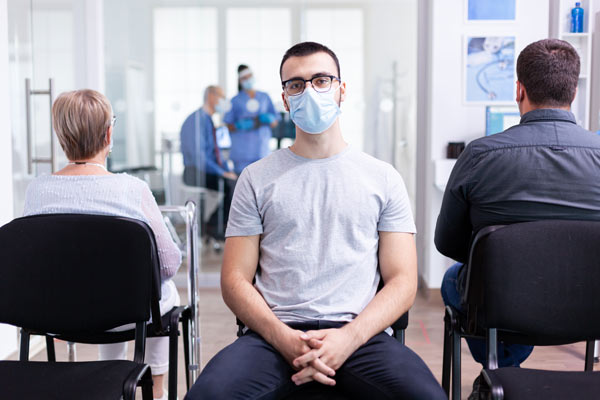


 Dr. Jolene Carey-Pace joined The Institute Team in 2021 as a Research Analyst. In 2023, she was named Senior Research & Policy Analyst.
Dr. Jolene Carey-Pace joined The Institute Team in 2021 as a Research Analyst. In 2023, she was named Senior Research & Policy Analyst. 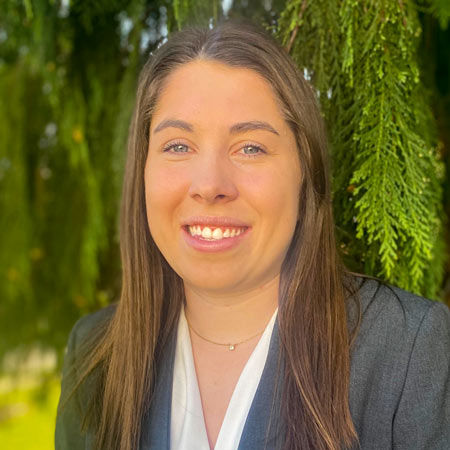 Sarah, a former Institute intern, joined The Institute in April 2021 as a Research Assistant. She started her new role as a Research Analyst in January 2024.
Sarah, a former Institute intern, joined The Institute in April 2021 as a Research Assistant. She started her new role as a Research Analyst in January 2024. 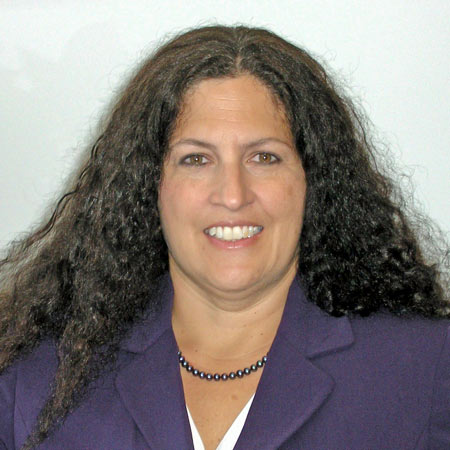 Ooms is responsible for all facets of research, organizational strategy, and management. Ooms is an active principal investigator in all Institute research. Ooms has been nationally recognized as a leader in regional economic development. She turned that skill into a research institute to help other regions develop and prosper. Her strategic skills have allowed The Institute to expand its services to the private and non-profit sectors for research and analysis in community health needs assessments, strategic planning, market and feasibility studies, and economic impact analysis.
Ooms is responsible for all facets of research, organizational strategy, and management. Ooms is an active principal investigator in all Institute research. Ooms has been nationally recognized as a leader in regional economic development. She turned that skill into a research institute to help other regions develop and prosper. Her strategic skills have allowed The Institute to expand its services to the private and non-profit sectors for research and analysis in community health needs assessments, strategic planning, market and feasibility studies, and economic impact analysis.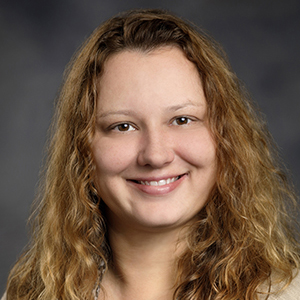 Jill Avery-Stoss joined The Institute in June 2018 to fill the newly-created role of Research, Data, Intern & Administrative Coordinator. She assists with the collection and management of data for purposes of ethical and efficient analysis. She visits partner campuses to market The Institute’s internship opportunities, and participates in event-planning logistical activities as well. In 2021, Jill was promoted to Director of Operations to reflect the diversity in her job description and the additional marketing and communication functions she successfully mastered in 2020. In 2022, Jill was named Chief Operating Officer after expanding into both research and administrative management functions. Jill is taking on project management, fundraising, and other executive leadership functions of the organization. In 2024, Jill Avery-Stoss assumed the role of President of The Institute, effective January 2025.
Jill Avery-Stoss joined The Institute in June 2018 to fill the newly-created role of Research, Data, Intern & Administrative Coordinator. She assists with the collection and management of data for purposes of ethical and efficient analysis. She visits partner campuses to market The Institute’s internship opportunities, and participates in event-planning logistical activities as well. In 2021, Jill was promoted to Director of Operations to reflect the diversity in her job description and the additional marketing and communication functions she successfully mastered in 2020. In 2022, Jill was named Chief Operating Officer after expanding into both research and administrative management functions. Jill is taking on project management, fundraising, and other executive leadership functions of the organization. In 2024, Jill Avery-Stoss assumed the role of President of The Institute, effective January 2025.
Recent Comments